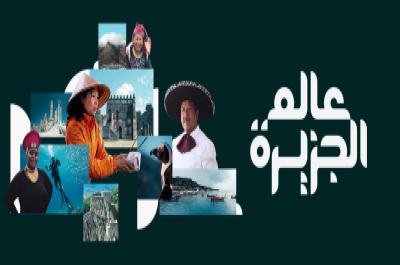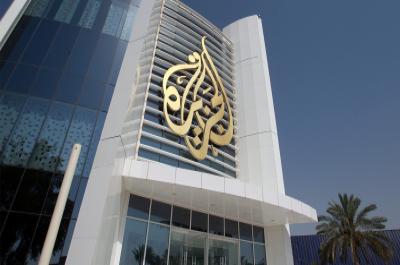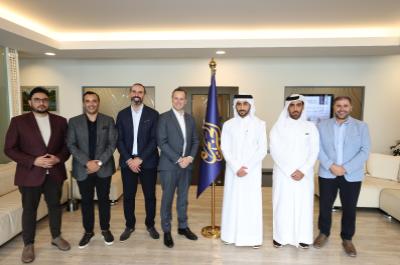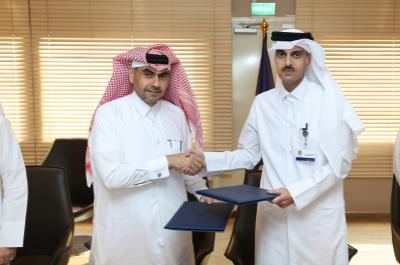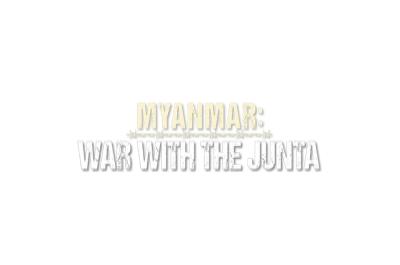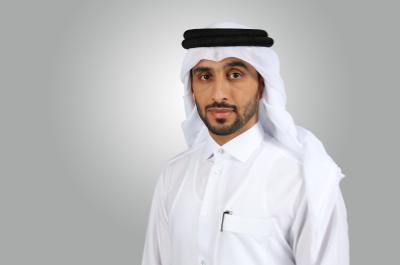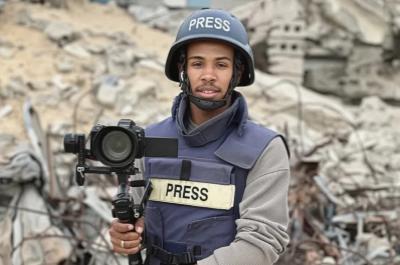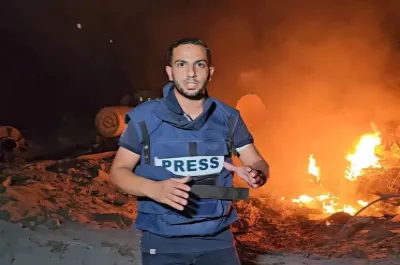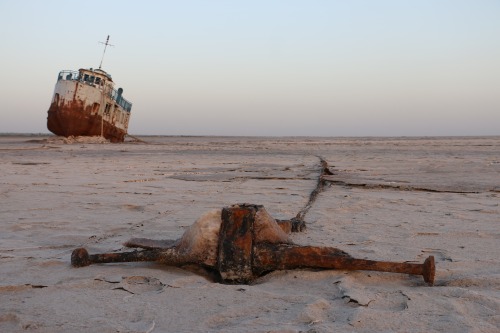
Iran’s Water Crisis
Al Jazeera’s earthrise team travels to the fragile region to see the dramatic impact of water scarcity
Iran’s Water Crisis, which airs on Al Jazeera English on 9th November at 2230GMT looks at how the country is facing a huge and unprecedented crisis as years of water mismanagement takes a devastating toll.
Gelareh Darabi, travels to Iran meets those who are working hard to change the mindset, and introduce the necessary changes to Iranian society to ensure that water shortages doesn’t escalate any further.
Global water expert, Dr Kaveh Madani, explains why there is now a dried out and cracked river bed where the Zayandeh Rud river once flowed in Esfahan: “We have exhausted the water upstream, and this is what we are left with… nationally, we use around 90% of the water in the AG [agriculture] sector”.
Agricultural demand on water has increased and many farmers turned to growing the most lucrative crop – pistachios - a water intensive crop which contributed to the extraction of 70% of Iran’s groundwater supplies. In the arid southwest province of Sirjan wetlands have been eroded causing land subsidence as well as sinkholes. To exacerbate the situation further the aquifer has been compromised so now salt water contamination is threatening to make the land uninhabitable.
The water management system needs urgent attention and according to the country’s VP and Head of Environmental Protection, Massoumeh Ebtekar, this can be done by retraining farmers. “We actually started a project with rural farmers in helping to change their crop patterns, their irrigation methods.” But she also believes that international sanctions have added to the crisis: “We had a lot of pressure on our economy to produce more crops. We need to take off the pressure from our natural resources, our environment and ecosystems and the lifting of sanctions can help in that regard.”
Re-educating society is another major hurdle and the government and NGOs are tapping into social media to get the message across. The impact of Iran’s water crisis drew international attention when photographs of a once popular resort, Lake Urmia (pictured above) were shared on social media. The visual impact of a large expanse of crimson water, replacing the once turquoise lake, is startling and attracted the attention of the international community when the haunting photographs of Solmaz Daryani were re-tweeted by activist and actor, Leonardo di Caprio.
Slowly a much-needed commitment to conservation is beginning to develop inside Iran as people understand the need to make changes. Projects are being implemented among the farming community to introduce new methods, and crops, which will reduce water consumption and costs. The government is also pledging money for projects to native bodies of water like the once famous Lake Urmia.
People & Power: Iran’s Water Crisis airs on Al Jazeera English on Wednesday 9th November at 2230GMT and will be available to watch online at http://www.aljazeera.com/programmes/peopleandpower/
